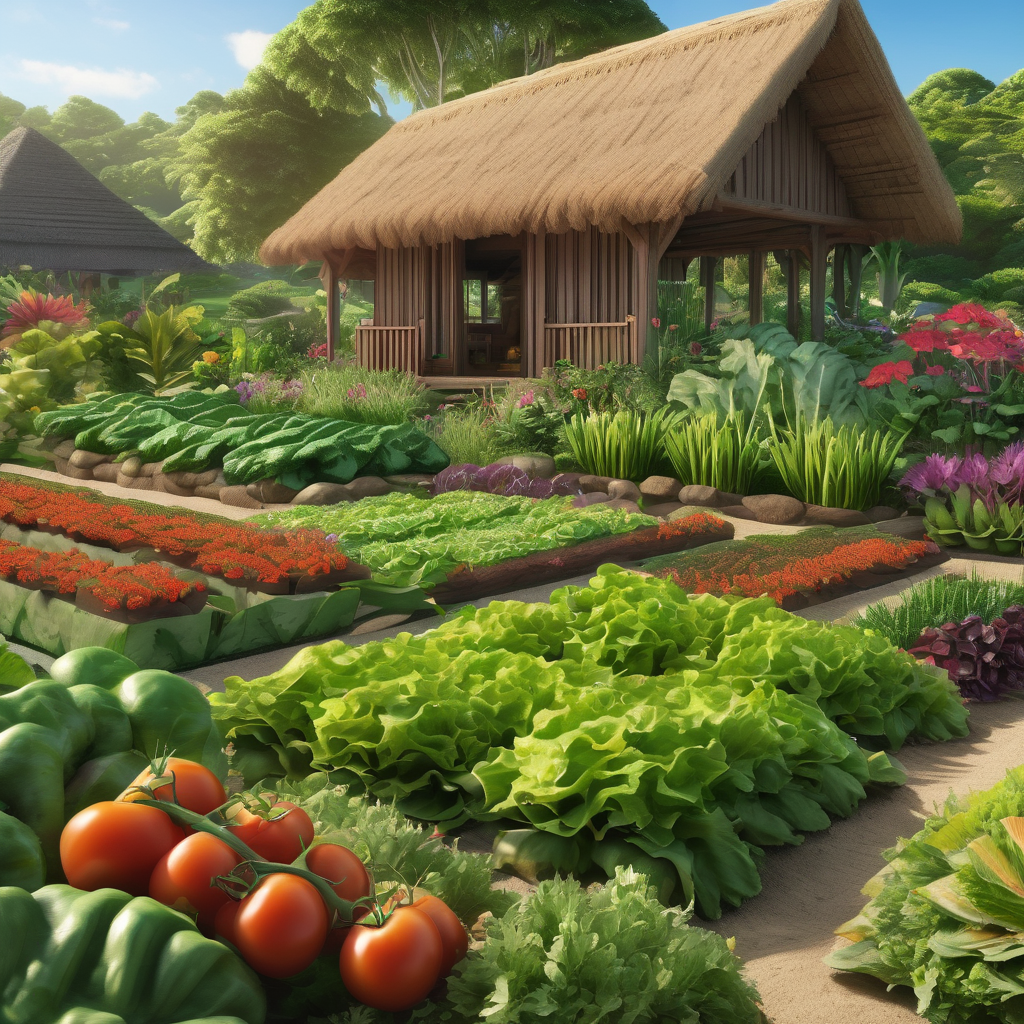The Ministry of Agriculture and Waterways is set to expand its School Gardening Program during the 2025/2026 financial year, furthering its mission to enhance food and nutrition security across Fiji. This initiative is part of a strategic effort outlined in Thematic Area 8 of the 10-year Non-Sugar Agriculture Policy and aligns with the Strategic Development Plan’s focus on equipping students with essential agricultural skills that can improve their learning, health, and future livelihood.
Notably, the Navukailagi District School has emerged as a success story within this program, having established a 10-box garden and nursery. Students have not only been growing produce but also received hands-on training in climate-resilient farming techniques. This month, the school proudly celebrated its first harvest, showcasing the substantial impact that agricultural education can have on young learners.
In this financial year, 16 schools are targeted for the program’s rollout. The Ministry has collaborated with the Ministry of Education and formalized its partnership with Savusavu Secondary School, which aims to broaden the program’s reach and effectiveness.
Tomasi Tunabuna, Minister for Agriculture and Waterways, emphasized the program’s broader implications, stating, “By integrating hands-on cultivation, nutrition literacy, and enterprise opportunities into the school curriculum, we are fostering a generation of youth committed to building healthier communities and sustainable livelihoods.” He highlighted that the School Gardening Program serves as a proven model for improving both food security and biodiversity within educational environments. As students learn to grow their own food, they acquire valuable life skills and a deeper understanding of agricultural systems.
Furthermore, the Ministry is actively inviting NGOs, development partners, and the private sector to join this beneficial initiative. This collaboration is crucial to scaling up school gardens, sharing best practices, and expanding innovative, nutrition-focused education throughout the nation. Tunabuna articulated a vision for the future, saying, “As we cultivate these gardens, we are not just growing food; we are nurturing the future of our youth.”
This initiative mirrors broader efforts in Fiji aimed at enhancing local food production, reducing dependency on imports, and empowering the next generation of farmers through education and community involvement, fostering a hopeful outlook for a sustainable agricultural future. Together, the Ministry of Agriculture envisions a healthier, more resilient society for Fiji.
